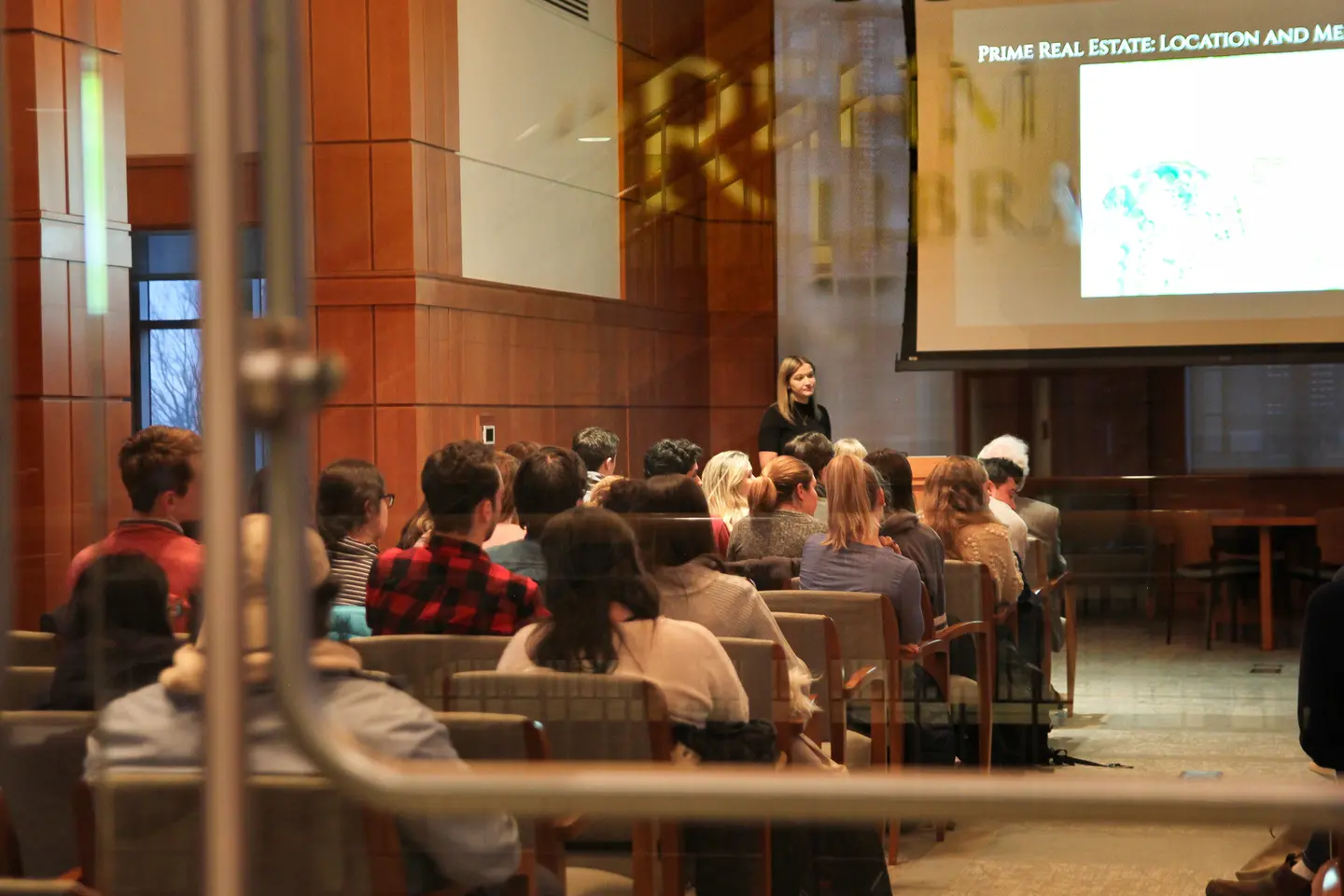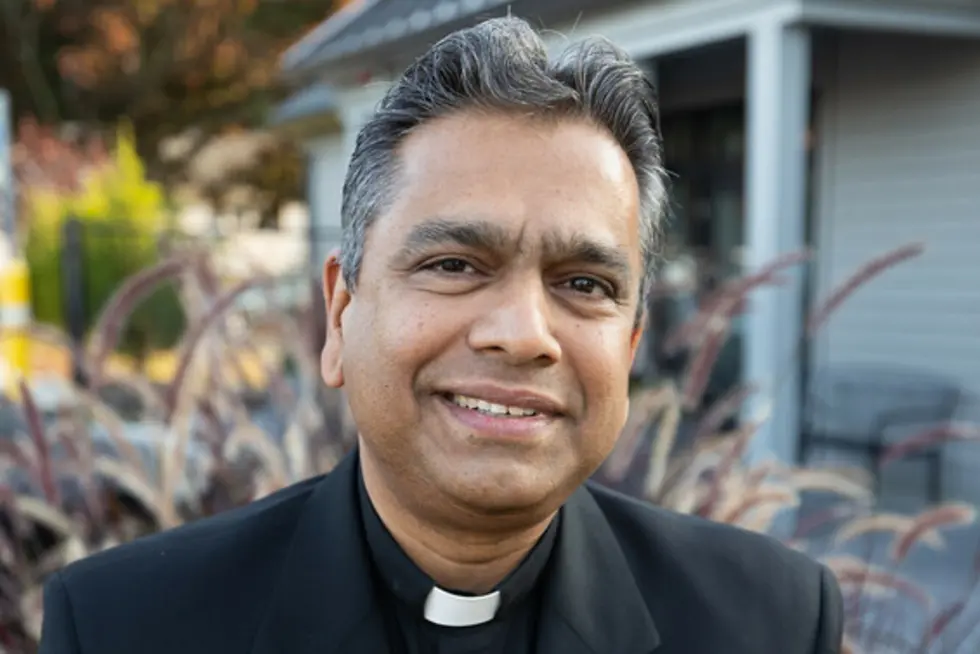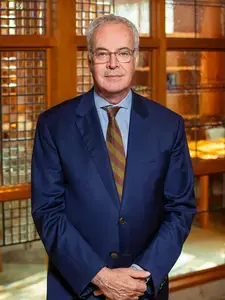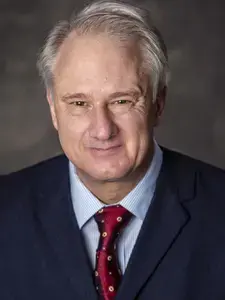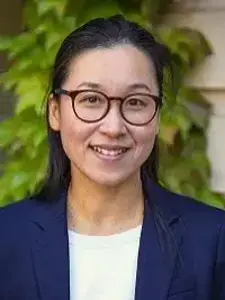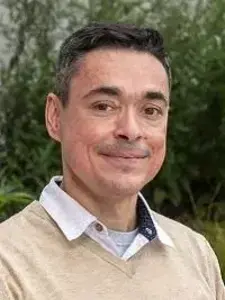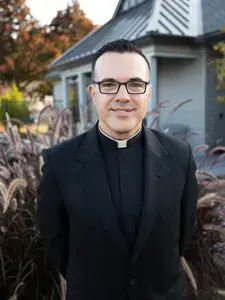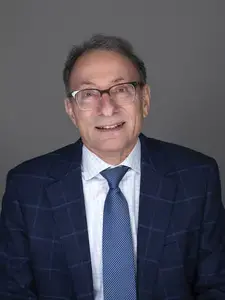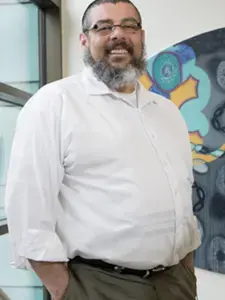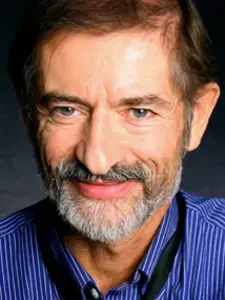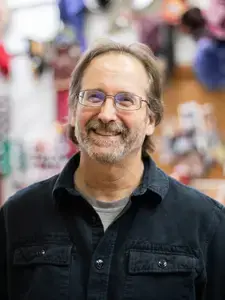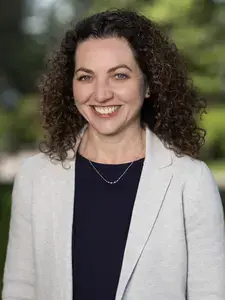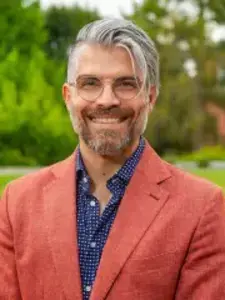International Visiting Jesuit Fellows
The International Visiting Jesuit Fellows program brings Jesuit faculty from colleges and universities around the world to Holy Cross as visiting fellows. The program is a joint initiative of the Rev. Michael C. McFarland, S.J. Center for Religion, Ethics and Culture and the Holy Cross Jesuit Community. Since 2000, 32 Jesuits have enjoyed a semester or a year engaging with the Holy Cross community.
Inquiries, Applications & Nominations
Jesuits from all provinces outside the United States are encouraged to apply for fellowships in consultation with their Provincials. Likewise, Provincials who wish to nominate scholars are encouraged to do so. International Visiting fellowships will be awarded only with the support of the appropriate Jesuit Provincial.
We accept inquiries and applications on an ongoing basis. We are now prepared to receive applications for the '25-'26 academic year.
Applicants will be asked to provide:
- An updated curriculum vitae;
- A statement from the applicant about the objectives for research during the course of the sabbatical, along with some discussion about why Holy Cross would be a suitable place for fulfilling these objectives;
- A letter of support, sent directly to mcfarlandcenter@holycross.edu, from an academic colleague able to appraise the applicant's work and the research he wishes to engage in at Holy Cross.
- A letter of support, sent directly to mcfarlandcenter@holycross.edu, from their Provincial, indicating approval for acceptance of a fellowship.
Since fellows normally teach one course and/or find other ways to engage with Holy Cross students and faculty, we also ask that you provide some statement about what kind of lecture, course or seminar you might want to teach, or about some other form of engagement that makes good use of your talents.
Those who wish to find out more about the program should contact Thomas M. Landy, Director, McFarland Center for Religion, Ethics and Culture, at tlandy@holycross.edu.
Applications can also be mailed to:
Thomas M. Landy
Director
McFarland Center for Religion, Ethics and Culture
College of the Holy Cross
1 College Street
Worcester, MA 01610-2395
USA
A committee that includes the Dean of the College and the Rector of the Jesuit Community reviews the applications.
The Jesuit Fellows are provided with office space, access to Holy Cross libraries, other research libraries, and outstanding electronic databases. They will receive financial support for designated research activities and/or to attend professional conferences, and secretarial and logistical support, including assistance in matters pertaining to visas. Housing is provided in Ciampi Hall, the Jesuit residence at Holy Cross. A stipend is available for their other expenses, and any unused portion of the stipend will be transferred to the visiting Fellow's home province at the end of the fellowship. We also provide health and dental insurance. Holy Cross will cover the cost of airfare to and from the United States.
Past International Visiting Fellows
- Spring 2024: Rev. Gerard Ryan, S.J., Assistant Professor of Political Theology at Regis College, investigated whether faith communities can contribute toward the sustainability of our common home.
- Spring and Fall 2023: Rev. Selva Rathinam, S.J., Scripture teacher at Jnana-Deepa Vidyapeeth (JDV) Institute of Philosophy and Theology, the Pontifical Athenaeum in Pune, India, taught a course on Hebrew prophets.
- Spring 2023: Rev. Joachim Zoundi, S.J., Lecturer of systematic theology at Hekima University College, Nairobi, Kenya, taught a course on Christian anthropology in times of uncertainty.
- Spring 2023: Rev. Ferenc Patsch, S.J., Professor at the Pontifical Gregorian University in Rome, taught a course on systematic theology.
- Fall 2022 and Spring 2023: Rev. T. Nishaant, S.J., Former principal of St. Xavier's College of Management & Technology in Patna, Bihar, India, taught "Social Stratification in India" in the Department of Sociology and Anthropology.
- Spring 2020: Rev. Peter Dubovsky, S.J., Professor of the Old Testament exegesis at Pontifical Biblical Institute in Rome, taught "Cultures of the Bible."
- Fall 2018 and Spring 2019: Rev. Lawrence Fernandes, S.J., Teaches philosophy at the Jesuit Philosophate at Satya Nilayam and Loyola College, Chennai, taught "Religions of India."
- Fall 2018: Rev. Leszek Gęsiak, S.J., Teaches media and multicultural studies at the Jesuit University Ignatianum in Krakow, taught "Values of European Union."
- Fall 2017: Rev. Janez Percic, S.J., Teaches at Munich School of Philosophy, visiting researcher at Boston College, taught philosophy.
- Spring 2017: Rev. George Karuvelil Professor of Philosophy at Jnana Deepa Vidyapeeth, Pune, taught theology.
- Spring 2016: Rev. Thomas Kuriacose, S.J., Teaches systematic theology at Jnana-Deepa Vidyapeeth (formerly known as Papal Athaneum), Pune, taught "South Asian Theology."
- Spring 2015: Rev. Luc Bonaventure Ayité Amoussou, S.J., Founder and coordinator of Rays of Hope in Benin, taught about the intersection of politics and religion.
- Fall 2014: Rev. Stephen Buckland, S.J., Former Provincial Superior in Zimbabwe, taught "God, ‘gods’ and African Religion."
- Fall 2014: Rev. Heinrich Watzka, S.J., Professor of Philosophy, Sankt Georgen Graduate School of Philosophy and Theology, Frankfurt am Main, researched embodiment from a dualistic perspective and taught a philosophy course on "Selves and Their Bodies."
